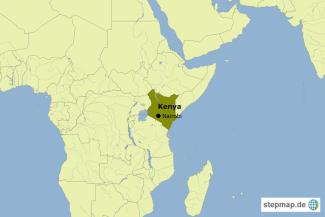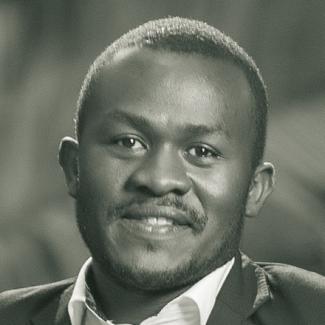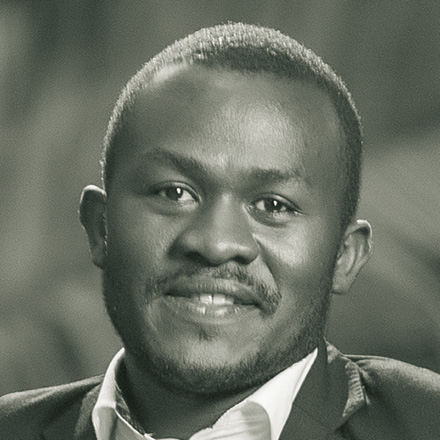Tribalism
Tribalism hides the gap between rich and poor

Some 20 % of the voting-age population did not attend school. This large segment is an easy target for well-educated, but manipulative merchants of tribalism. Moreover, the emerging, but insecure middle class is anxious to escape poverty, and not interested in any potentially disruptive discussions. They have reason to fear that some kind of class war may erupt.
Nonetheless, a conversation about the gaps between rich and poor is overdue. The country has dozens of millionaires. Their wealth was largely stolen from the public. At the same time, over 15 million people languish in deep poverty. The list of ills is long, including:
- theft of public funds meant for youth,
- giving retirees jobs meant for young people,
- hiring young people in jobs with big titles but no influence.
Corruption takes many other forms of course. Tribal abuses are linked to attitudes that justify privilege and discrimination. A good place to start changing these attitudes is to ask why tribalism – with its implicit message that some people are inherently better than others – continues to play such an important role in national life. It is worth noting, moreover, that it goes along with a serious and proven risk of violent conflict (see main story).
Alphonce Shiundu is a Kenyan journalist, editor and fact-checker based in Nairobi.
shiunduonline@gmail.com
Twitter: @Shiundu










